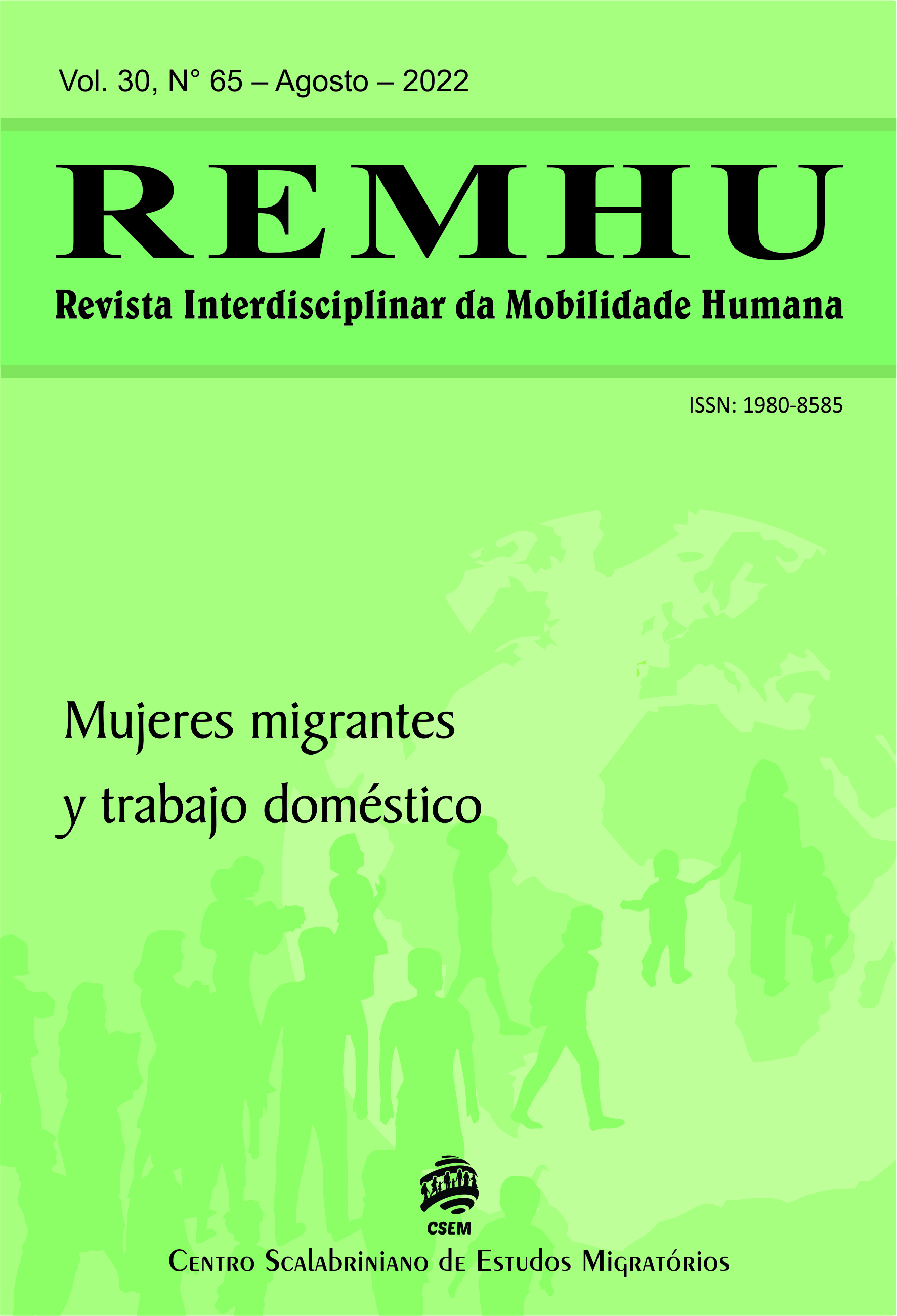The "hard" work of sustaining life
reflections from an ethnography with (cis) Bolivian women living in São Paulo, Brazil in the context of the Covid-19 pandemic
DOI:
https://doi.org/10.1590/1980-85852503880006504Keywords:
Sustainability of life, Bolivian migration, WorkAbstract
The article presents results of an ethnography conducted between July 2020 and December 2021 with Bolivian migrant women living in São Paulo, Brazil. The objective is to analyze the sustainability of life during the pandemic, arguing that reproductive and care tasks -individual, collective and community- are inseparable from the activities linked to paid work carried out by these women, a fact that became evident in the context of the pandemic. All these activities as a whole form a network of tasks that allow the maintenance of life and that I call "hard work", a native category that, on the one hand, allows me to account for the ways in which these activities are intertwined in daily life of these women, problematizing the public-private, productive-reproductive dichotomies, as well as breaking with certain essentialisms linked to the ways in which migrant labor has often been made visible.
Downloads
Published
Issue
Section
License
Copyright (c) 2022 Revista Interdisciplinar da Mobilidade Humana

This work is licensed under a Creative Commons Attribution 4.0 International License.
Authors retain the copyright and grant the journal the right of first publication, with the work simultaneously licensed under the Licença Creative Commons do tipo atribuição BY that allows the sharing of the work with recognition of authorship and initial publication in this journal.
Authors are permitted to to self-archive their published manuscripts by posting them in personal blogs, institutional repositories and scientific social media, as well as on their personal social media, as long as the full citation of the original publication is included.




